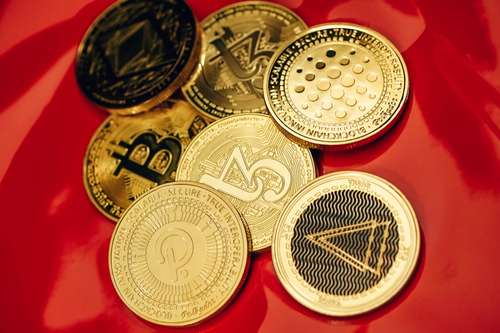Key Highlights
- UAE exempts all cryptocurrency transfers and conversions from VAT.
- The exemption is applied retrospectively from January 1, 2018.
- New VAT rules aim to align virtual assets with traditional financial services.
- UAE continues to refine its regulatory framework to support the crypto sector.
On October 2, 2024, the United Arab Emirates (UAE) Federal Tax Authority (FTA) unveiled amendments to the country’s value-added tax (VAT) regulations, specifically exempting cryptocurrency transfers and conversions from the 5% tax levy.
This landmark move places the UAE as a crypto-friendly jurisdiction, further legitimizing and supporting the digital assets sector. The amendment covers all virtual asset transfers and conversions, providing clarity for businesses and investors alike.
The new VAT rules also have a significant retrospective effect, dating back to January 1, 2018. Legal and tax experts note that this decision aligns cryptocurrency services with traditional financial services, many of which have long been exempt from VAT.
Ankita Dhawan, a senior associate at the Métis Institute, remarked, “The UAE has essentially classified virtual assets in the same bucket as traditional financial services – several of which are already exempt from VAT. This legitimizes virtual assets and promotes regulatory clarity.”
Retrospective Application and Input Tax Recovery
An important aspect of the new regulations is the retrospective application of VAT exemptions from January 1, 2018.
This move implies that businesses dealing with cryptocurrencies since then may be eligible for refunds or adjustments on VAT previously paid. Business consultancy PwC highlighted that companies handling virtual assets should carefully analyze their historical VAT position to maximize benefits from the updated rules.
The UAE defines virtual assets as a “representation of value that can be digitally traded or converted and used for investment purposes,” excluding fiat currencies or financial securities. This clarity ensures that the exemptions only apply to cryptocurrencies and similar digital assets.
Furthermore, PwC advised virtual asset companies to review their input tax recovery strategy. In the UAE, businesses registered under VAT can reclaim VAT paid on eligible purchases.
For crypto firms, this means they may recover past VAT expenses, subject to a voluntary disclosure process. UAE-based tax consultancy Finanshels echoed this sentiment, emphasizing the importance of revisiting historic tax returns to leverage this opportunity fully.
Strengthening Crypto Regulations in the UAE
The UAE’s proactive regulatory stance goes beyond VAT exemptions. The country is enhancing its virtual asset regulatory framework, ensuring both clarity and protection for businesses and investors in the crypto space.
In a recent agreement between Dubai’s Virtual Asset Regulatory Authority (VARA) and the UAE’s federal Securities and Commodities Authority (SCA) on September 9, the two entities agreed to supervise virtual asset service providers (VASPs) jointly.
VASPs operating in Dubai now have the option to expand their services across the wider UAE by registering with the SCA, streamlining the licensing process and enhancing operational flexibility.
Additionally, VARA has tightened marketing regulations for digital assets, emphasizing the need for clear disclaimers. As of September 26, firms promoting virtual assets must prominently disclose the risks associated with digital investments, stating that “virtual assets may lose their value in full or in part and are subject to extreme volatility.” This step aims to protect consumers while maintaining market integrity.
What the New VAT Rules Mean for the UAE’s Crypto Landscape
The UAE’s decision to exempt cryptocurrencies from VAT demonstrates its commitment to fostering a supportive environment for the virtual assets industry.
By aligning crypto services with traditional financial services in VAT treatment, the UAE positions itself as an attractive hub for digital finance. The retrospective application of the VAT rules further underlines this support, providing opportunities for businesses to reclaim past taxes.
Ankita Dhawan noted that this development is a positive signal for the industry, stating, “The UAE is sending a clear message: they are open for business when it comes to digital assets. It’s an important step for any company considering a move into the region.”
As the UAE continues refining its regulatory approach, the country is expected to attract more crypto businesses and investors. With supportive policies like the recent VAT exemption, the UAE solidifies its position as a global leader in digital finance innovation.
Final Notes
The UAE’s VAT exemption for cryptocurrency transfers and conversions is a pivotal development for the country’s financial landscape.
By extending these tax benefits retroactively and aligning virtual assets with traditional services, the UAE reinforces its commitment to becoming a central player in the global digital economy.
For businesses and investors in the crypto space, the UAE presents a promising and supportive environment for growth and innovation.




